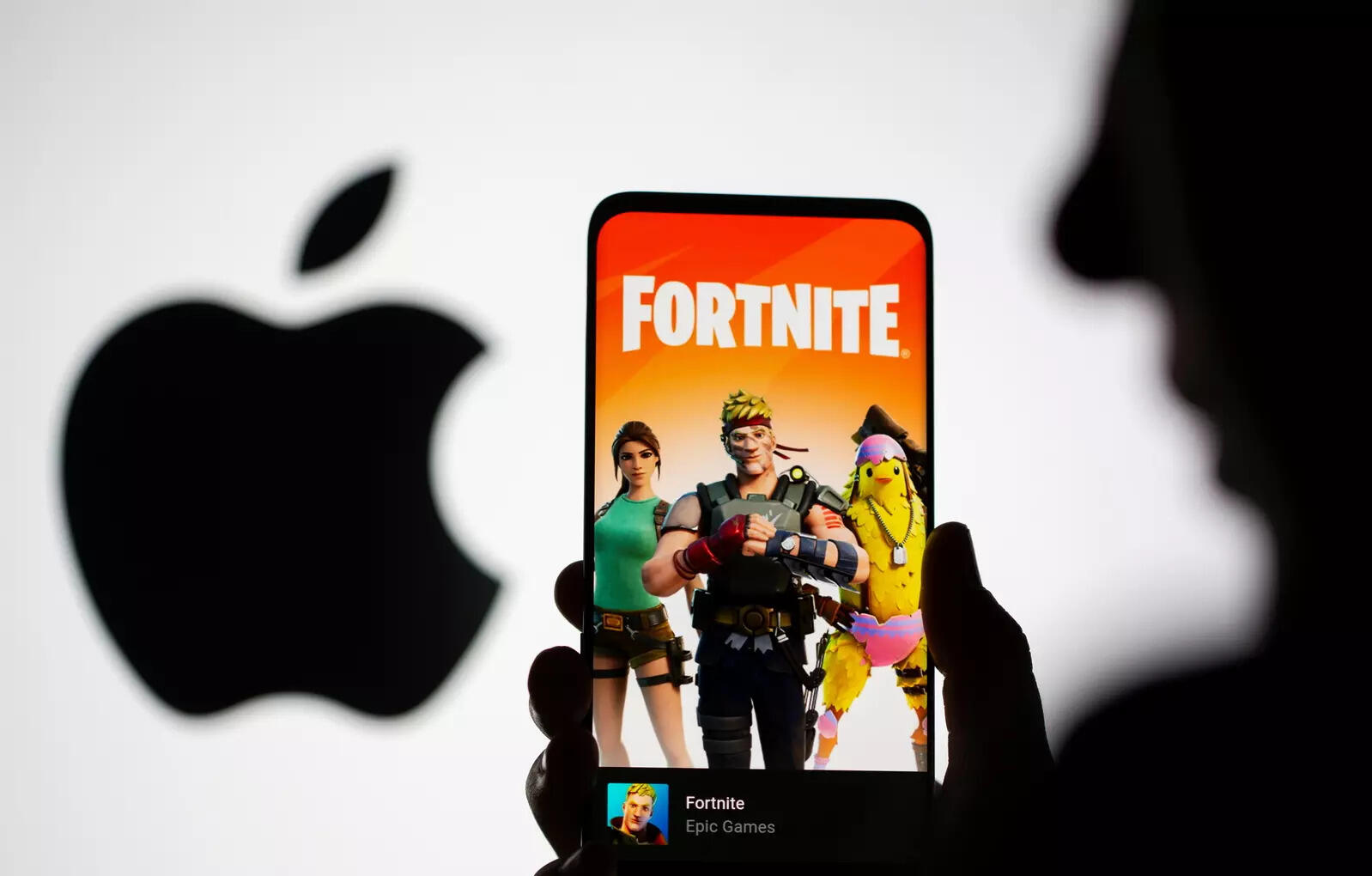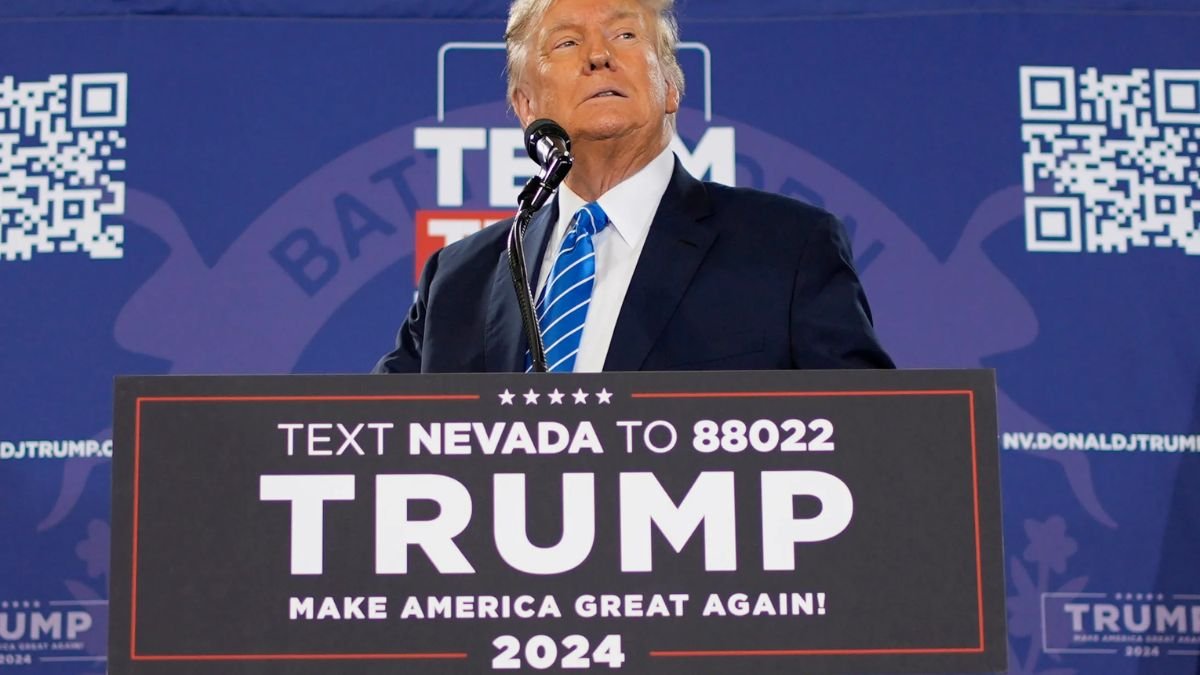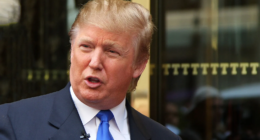On Monday, Apple will face Epic Games, the creator of the iconic video game Fortnite, which is attempting to topple Apple’s App Store’s so-called “walled garden.”
On Monday, Apple faces one of the most serious legal challenges in recent years: a trial that threatens to upend its iron grip on its App Store, which generates billions of dollars each year while feeding more than 1.6 billion iPhones, iPads, and other devices.
Epic Games, the creators of the iconic video game Fortnite, filed a federal court lawsuit. Epic intends to demolish the App Store’s so-called “walled garden,” which Apple began constructing 13 years ago as part of a plan conceived by co-founder Steve Jobs.
Epic claims that Apple has turned a once-tiny digital storefront into an illegitimate cartel that squeezes smartphone users for a large portion of their earnings. Apple charges a 15 percent to 30 percent fee on purchases made inside apps, which include anything from digital goods in games to subscriptions. Apple refutes Epic’s allegations.

Apple’s highly popular strategy has helped the iPhone maker become one of the world’s most profitable businesses, with a market cap that now exceeds $2.2 trillion.
Privately owned Epic is insignificant in contrast, with a market cap of $30 billion. Its ambitions to grow are based, in part, on its aim to provide an alternative app store for the iPhone. The North Carolina corporation also wishes to avoid Apple’s commissions. Epic claims it paid Apple hundreds of millions of dollars before removing Fortnite from its App Store last August after Epic added a payment scheme that bypassed Apple.
Epic then sued Apple, resulting in a legal drama that could shed new light on Apple’s management of its App Store. Apple CEO Tim Cook and Epic CEO Tim Sweeney will testify in an Oakland, California federal courtroom that will be set up to allow for social distancing and will include masks at all times.
Neither side requested a jury trial, leaving the decision to US District Judge Yvonne Gonzalez Rogers, who seemed to be aware that her decision would almost certainly be challenged, given the high stakes in the case.
Most of the proof would revolve around arcane yet critical arguments regarding consumer concepts.
Epic claims that the iPhone has become so entrenched in the culture that the smartphone and its environment have become a monopoly that Apple can use to unfairly enrich itself and stymie competition.
Apple says it faces considerable competition from different alternatives to video games on iPhones. It points out, for example, that approximately two billion other smartphones, especially those based on Google’s Android operating system, do not run iPhone software or operate with its App Store. Epic also filed a separate lawsuit against Google, accusing it of unfairly gouging users through its own app store for Android devices.

Apple would also portray Epic as a desperate business in search of new revenue streams other than the aging Fortnite. It says Epic just wants to take advantage of an iPhone ecosystem in which Apple has spent more than $100 billion over the last 15 years.
Annual sales estimates for Apple’s App Store vary from $15 billion to $18 billion. Apple challenges those numbers, but it has not publicly released its own figures. Instead, it has emphasized that it does not earn a penny from 85 percent of the applications in its store.
Apple claims that the fees it receives are a responsible way for the organization to recoup its investment while funding an app review process that it considers vital to the protection of apps and their users. According to Kyle Andeer, Apple’s chief enforcement officer, approximately 40% of the roughly 100,000 applications submitted for approval each week are denied for some reason.
Epic would attempt to demonstrate that Apple uses the security issue to conceal its true motivation — retaining a monopoly that reaps greater revenues from software developers who can not afford not to be available on the iPhone.
However, the smaller company could face an uphill fight. Last year, the judge showed some scepticism in court before refusing Epic’s request to reinstate Fortnite on the App Store pending the results of the appeal. Gonzalez Rogers asserted at the time that Epic’s allegations were “on the cutting edge of antitrust law.”
The trial is scheduled to last the majority of May, with a verdict expected in the following weeks.
Apple | Don’t forget to follow us on Twitter @njtimesofficial. To get latest updates









